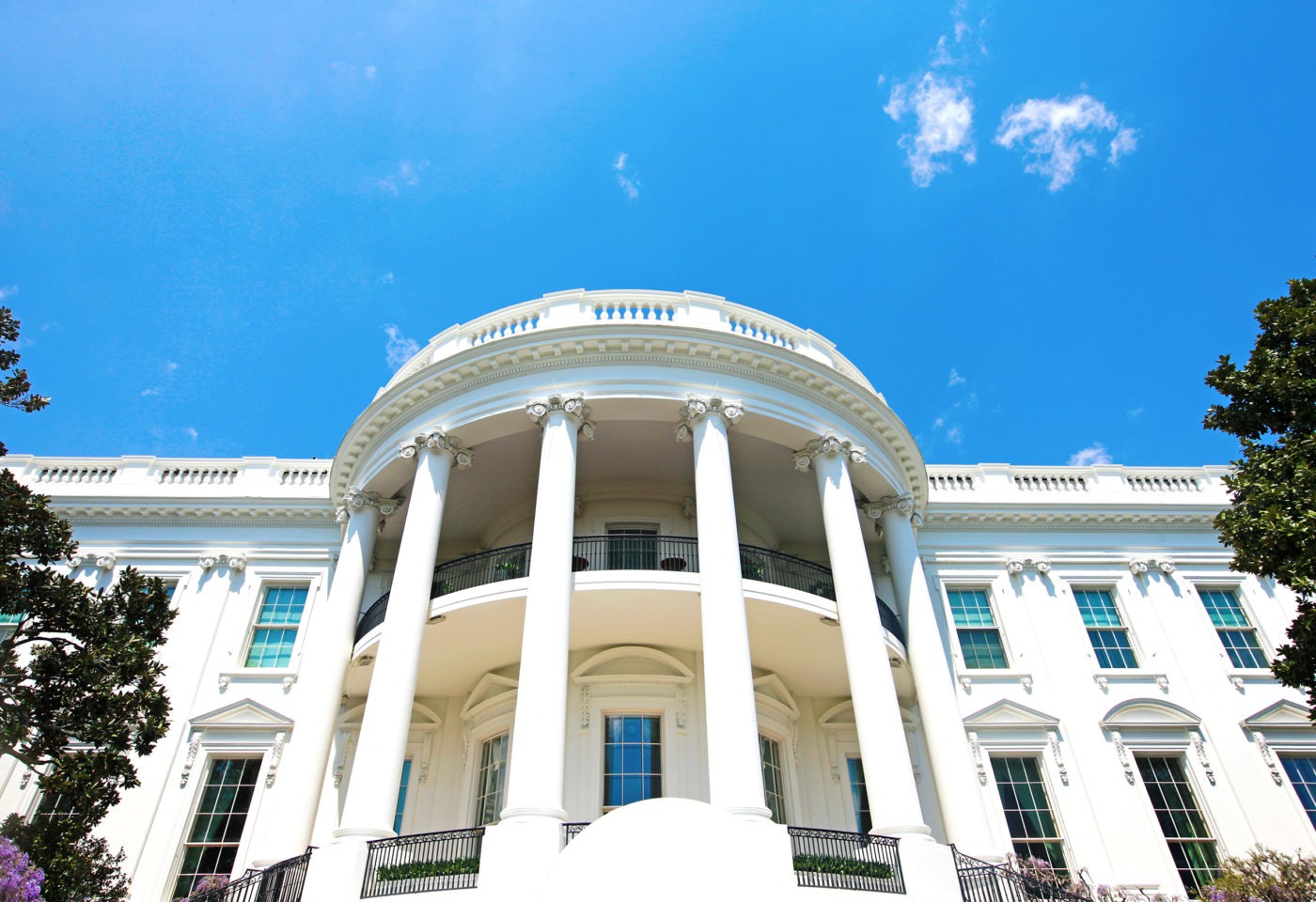By John Rash
In the Winnipeg Free Press
November 16, 2016
The U.S. president-elect’s rhetoric on Mexico that commenced his campaign made securing the border a durable campaign theme.
But by the end of the race, it was more about securing the border from imports, not immigrants, that resulted in Donald Trump’s triumph.
Because it wasn’t southwestern states that made the difference — most repeated their Republican or Democratic patterns. Rather it was states that border Canada such as Pennsylvania, Ohio and Wisconsin that after decades of Democratic dominance flipped to the Republican column.
This Great Lakes and Great Plains plaintive protest vote against free trade could have a profound economic and diplomatic effect on Canada.
Trump promised to renegotiate free trade pacts such as NAFTA, and these pledges may be easier to keep than building a wall between the United States and Mexico, which would have to overcome difficult fiscal and physical obstacles.
At minimum it seems certain the current president’s proposed Trans-Pacific Partnership and Transatlantic Trade and Investment Partnership deals will be derailed by Barack Obama himself as he considers congressional opposition not just from Republicans ready to discard decades of support for free trade, but Democrats tacking toward Bernie Sanders’ views.
This congressional convergence, rare in a deeply divided America, diverges with Canada’s can-do approach on trade exemplified in the recently sealed CETA free trade pact between Canada and the European Union. CETA is the type of deal envisioned by Obama: strengthening global protocols on trade as well as tightening ties between nations. Trump, conversely, believes these protocols haven’t protected the kind of workers who gave him his margin in the election and he seems less concerned about trade’s diplomatic dividends.
Canada may benefit from its internationalism in several ways. Multinationals might increase their presence because of lower tariffs from free trade agreements, much in the same way Mexico has been boosted. While manufacturing in Manitoba and other provinces will remain an essential sector to the Canadian economy, other sectors such as technology that draw from a global talent pool may consider Canada in a new way, too, especially if America restricts immigration while Canada’s welcome mat remains.
Indeed, no issue divides and defines the divergence between the U.S. and Canada more than immigration. Manitoba’s mosaic, for example, reflects Canada’s confident approach to immigration at a time when America and western Europe are reeling from a global migration crisis. Canada’s exemplary embrace of Syrian refugees is just one aspect of this approach, and beyond being generous, it’s savvy, since immigrants bring dynamism to economies and societies alike.
While it’s too early to tell, Canada’s consistent policies on immigration — as well as a litany of issues such as climate change and health care — might make the nation even more attractive to U.S. firms seeking affirmation that they can grow in an internationally integrated system that’s not so subject to the vagaries of a vote.
Still, there are limitations, since America’s economy is so large and far-reaching. If trade retrenchment curbs already anemic U.S. economic growth, Canada would feel certainly the effect, and fast. Indeed the whole world would, which could result in a strengthening of western political movements like those that resulted in Brexit and Trump’s upset victory. Upcoming elections in France, for instance, will be watched worldwide to determine the extent of populism’s potency.
In admirable fashion, Canada responded to their emerging singularity not with boasts of exceptionalism but by reminding Americans of theirs. The “Tell America it’s great” campaign from Toronto ad agency the Garden grew like cultural kudzu among many Americans, some who were deeply touched by the boost at a time of election stress usually associated with other nations riven with divisions.
Those Americans who viewed the video would likely return the sentiment, especially as Canada is increasingly held up as a model. Liberty moves north: Canada’s example to the world, reads the headline of what is likely an iconic Economist cover among Canadian readers. Even beyond the economic and political change America’s election might mean for Manitobans, this may be the most profound: that Canada further emerges on the global stage as an exemplar of the kind of openness and liberalism other western nations are wrestling with.
John Rash is the senior editorialist with the Minneapolis Star Tribune. He is one of the panelists with the Canada West Foundation event Beyond the Ballot: The U.S. election’s effect on Manitoba, which takes place today at the Winnipeg Art Gallery.
